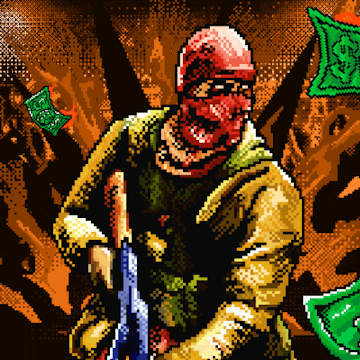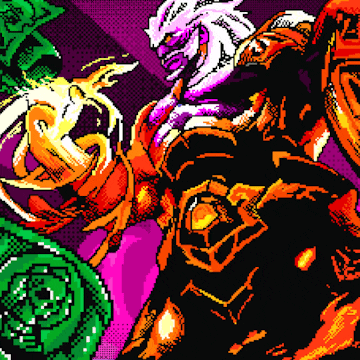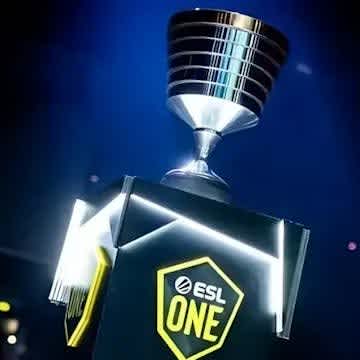Blad3, TaZ, Pronax: Victims to a Pool of Counter-Strike Sharks
In CS:GO, you have to earn attention. It’s one thing to have some marketable personalities, but another to actually have the cohesion and talent to manifest results on big stages. Our eyes as viewers are always drawn upwards. The best teams in the world are the ones that receive legitimate analytical praise and the furor of fans, and rightly so.
Teams that sit in the shadow of these elite sides may as well be invisible to the average viewer. It’s easy to forget that the apex predators exist only by virtue of the complex ecosystem below them. The killer whale can’t exist without plankton as Astralis can’t exist without the EU ESEA Premier division.
The strength of these lower tiers has a direct, multiplying pressure on the teams above them. As you introduce a more dominant force in a competitive system, others are forced to evolve to match them or die in the process. It’s a tried and tested progression. The scene gets stronger, the weak fall and the best feed. But you need to have the pressure on the top dogs to drive this.
An untested king is never good for the throne.
Teams that now scrap their way through open qualifiers in some regions have the organisational support to warrant near full-time play. There has never been a deeper set of regional scenes around the world that are structured to allow a devoted set of players to rapidly improve their play. The time of teams pugging themselves to marginally improve are gone. In the moment, we have dozens and dozens of teams across the world, outside the top twenty, all with intense focus and funding looking to break onto the international LAN circuit.
There is a pool of sharks at the feet of every top team, and they best not fall in it unprepared. This feverish threat that is bred from online tournaments nips at the heels of every top side and drives the overall level competition as a result.
The competition at this level has rapidly progressed in the last twelve months; far faster than the amount of eyes watching it can keep up. While Astralis rose, the Brazilians fell and s1mple transformed, sides like AGO, ENCE, NRG, Tyloo, and Space Soldiers have been grinding. Even below these sides we have the likes of Windigo, fragsters, complexity, Luminosity and Grayhound, all equally motivated to displace the status quo and assert themselves abroad. These are the sides that are circling with fins above the waterline.
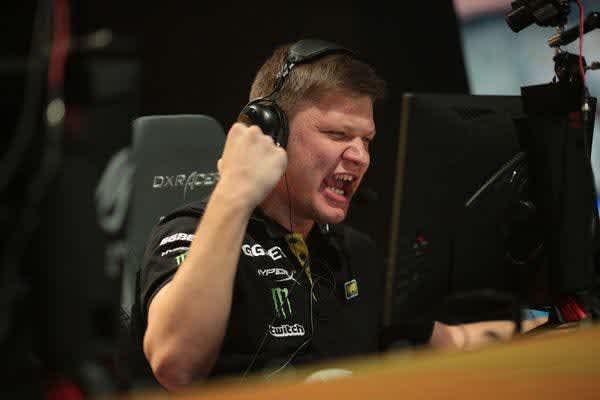
There’s a frenzy of improvement at all levels of competition. While we see this manifest in new faces emerging on big stages and with great results, it has displaced others. There is an increasingly large diaspora of veterans who have fallen victim to the pace of the scene. The current space isn’t a place for old men to rest easy. The weak are consumed.
As 2018 marches on, we’ve watched legends turn away from the spotlight, returning to the unforgiving shadows they once casted. Former Virtus.pro posterboy TaZ now leads a band of regional warriors through the overgrowth of lower tiered European play, navigating a tricky path back to the big crowds he used to command. Most recently, The glorious leader and moulder of Eastern European talent, Blad3 has been forced to retire from competitive play. The man who was the first to try and tame the likes of s1mple, electronic, flamie, and bondik has had to hang up his mouse in light of the pressures of the modern day. Pronax, the two time major champion, sports the well-earnt pins in open qualifiers, being handily beaten by players who wouldn’t be out of place in a line for his signature a couple years prior.
There is no slack cut for even the greats of the game.
When we look into the recent results of Blad3 in light of him stepping into the coaching role, we see a clear failure to piece together a roster fast enough to keep pace with those around him. Loses to the rising regional teams from lesser regions like Finland, Spain and Kazakhstan is a clear sign of a limping entity being surrounded by more rapidly improving ones.
While this cycle can be unforgiving, it’s also genuine and objective in its functionality: those rising go to the top, and the falling out the bottom. It is the primary symptom of a healthy competitive system.
If a player really wants to earn his stripes and the big cheques of top-tier play, he needs to grind through a slew of talent looking to do the same. Iron is sharpening iron constantly in the current era. Sides who do find success are dissected, analysed, and copied. It’s not even a matter of presenting a set of strong win conditions as it is in finding a band of players who can evolve these strengths against a dynamic opposition doing the same.
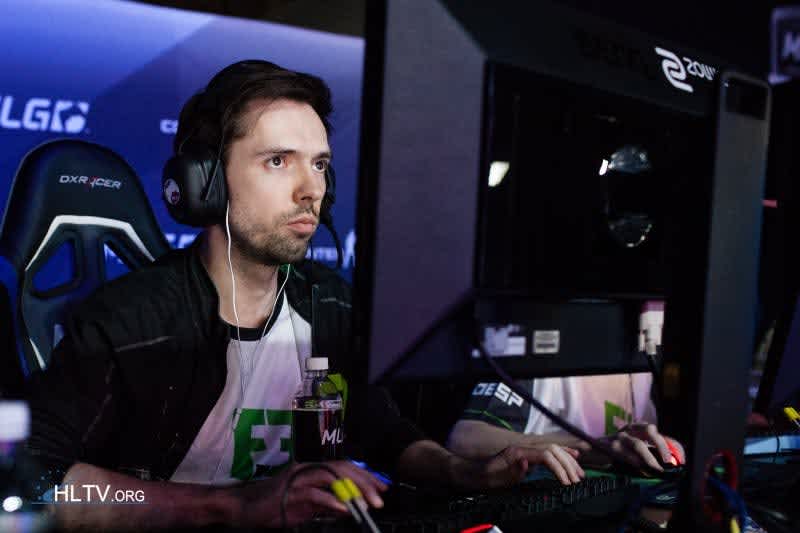
The teams who now fail to qualify for LAN would be favourites against teams sitting at the bottom of the top ten a few years ago. The level of play a team had to manifest from back then was a fraction of what it is now and could be maintained at a far lower rate for longer due to the lack of opportunity to be pressured.
More tournaments, sponsors, money, and viewers has given rise to an equally weighted number of high level teams, players and support staff. As a result, we’re witnessing the golden age of competitive CS. The overall level of play in the moment is the highest it’s ever been, and easily so.
Those pool of sharks keep chomping.

